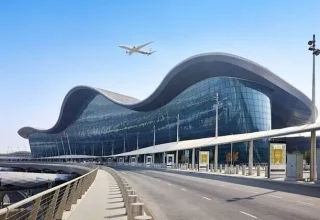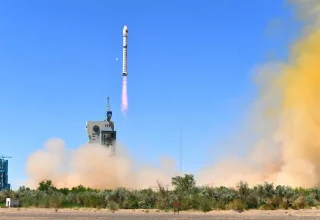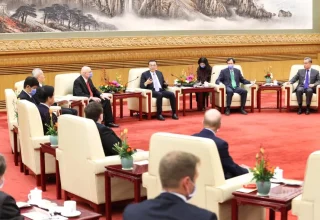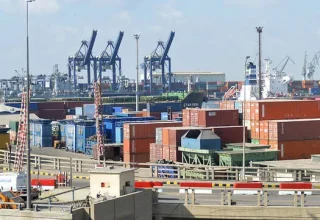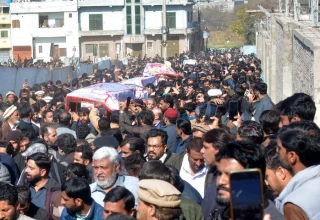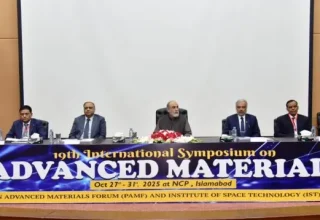
The five-day 19th International Symposium on Advanced Materials (ISAM-2025) concluded successfully at the National Centre for Physics (NCP) in Islamabad, drawing participation from leading scientists, engineers, and industry professionals from around the world.
Federal Minister for Science and Technology Khalid Hussain Magsi attended the closing ceremony as the chief guest and underscored the importance of empowering young researchers and scientists with modern knowledge and practical skills to meet global challenges.
Highlighting China’s technological transformation as a model of sustained learning and innovation, the minister expressed confidence in Pakistan’s youth, describing them as “intellectually capable and creative enough to shape a progressive scientific future.” He said Pakistan’s past record of institutional and economic achievements proves its potential for excellence.
Earlier, Dr. Syed Khalid Mehmood Shah, Scientific Secretary of ISAM-2025, presented a comprehensive report on the symposium, which featured over 60 oral and 100 poster presentations on themes including advanced materials, artificial intelligence (AI), additive manufacturing, nanotechnology, new energy resources, and biomaterials.
Alongside the symposium, a technology exhibition titled “Revolutionizing Industry Through Science & Engineering (RISE 2025)” showcased cutting-edge innovations from local and international research institutions and industry partners.
Mirza Rizwan Baig, President of the Pakistan Advanced Materials Forum (PAMF), said that ISAM has been instrumental for over three decades in fostering scientific advancement and strengthening industry–academia linkages. He announced plans to establish a Center of Excellence in Advanced Materials in Pakistan, aimed at promoting research, innovation, and technology development in key sectors such as industry, energy, and defense.
International participants from Russia, Malaysia, China, Indonesia, Turkey, and Norway commended Pakistan’s expanding scientific landscape and praised the quality of research emerging from its institutions. Delegates also welcomed the government’s plan to set up the National Center for Advanced Materials at Quaid-i-Azam University, which will be named after Dr. Abdul Qadeer Khan in recognition of his contributions to national self-reliance.
Organized by PAMF in collaboration with the Institute of Space Technology (IST), ISAM-2025 concluded with a note of appreciation to all contributors, reaffirming Pakistan’s commitment to advancing science, technology, and innovation for sustainable development and national progress.






